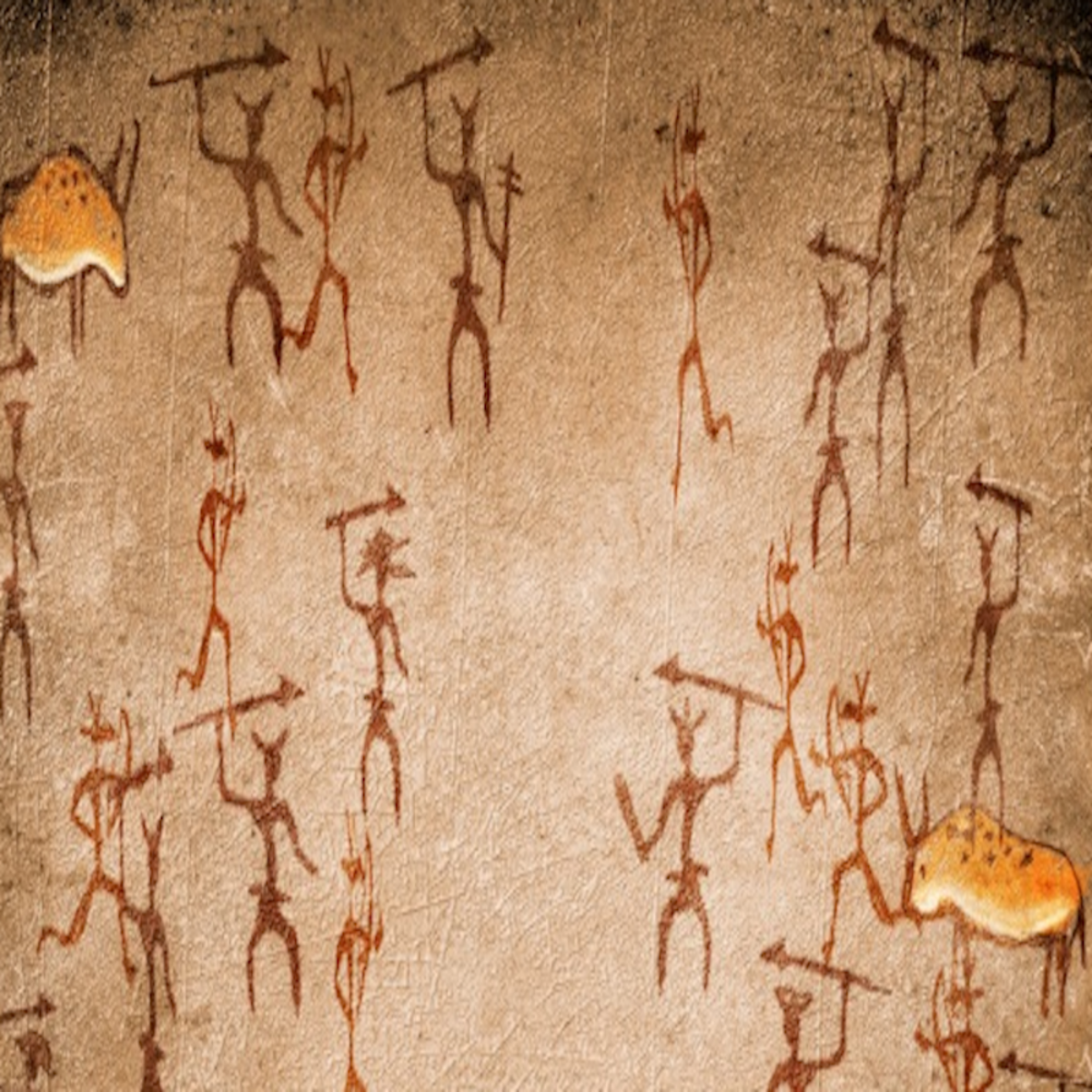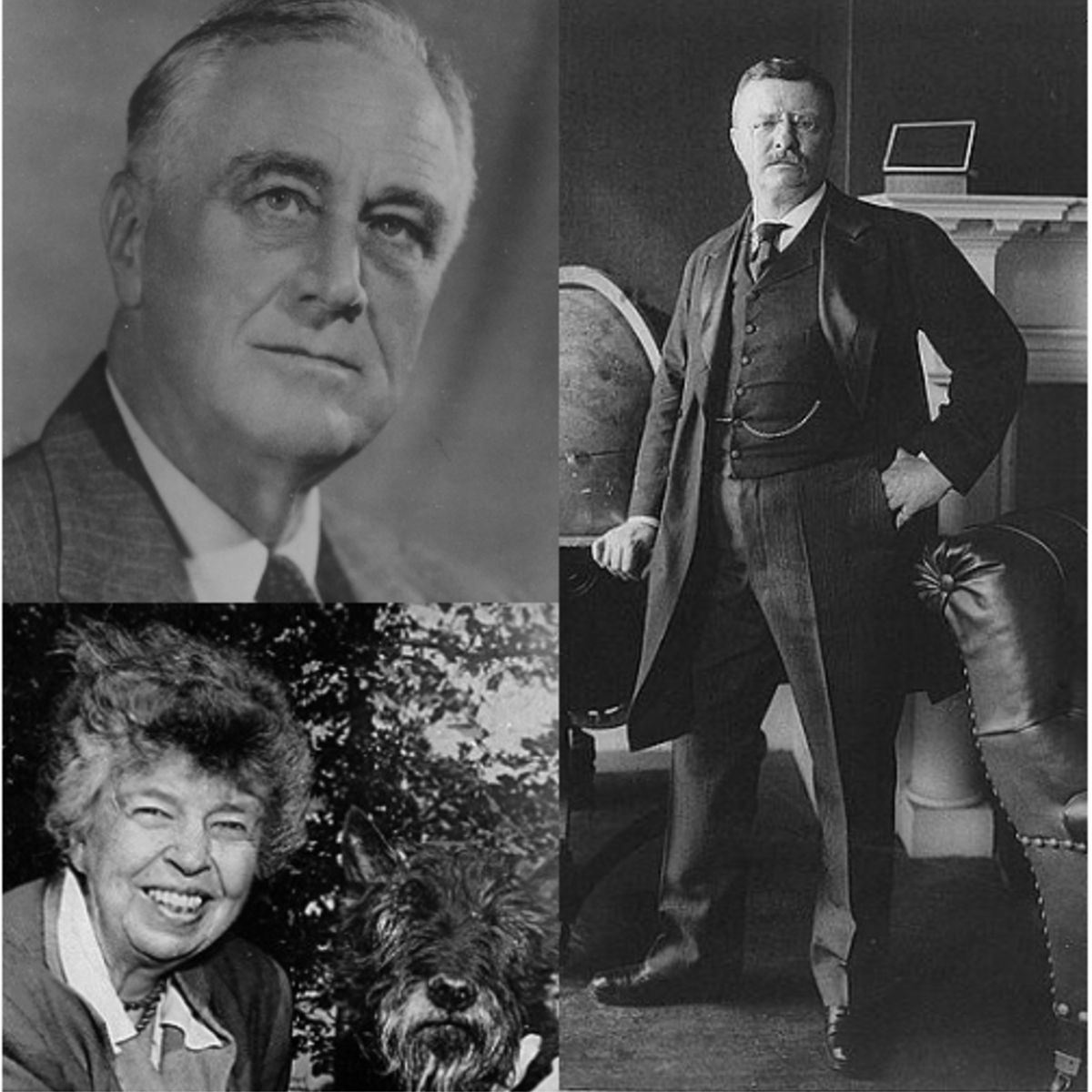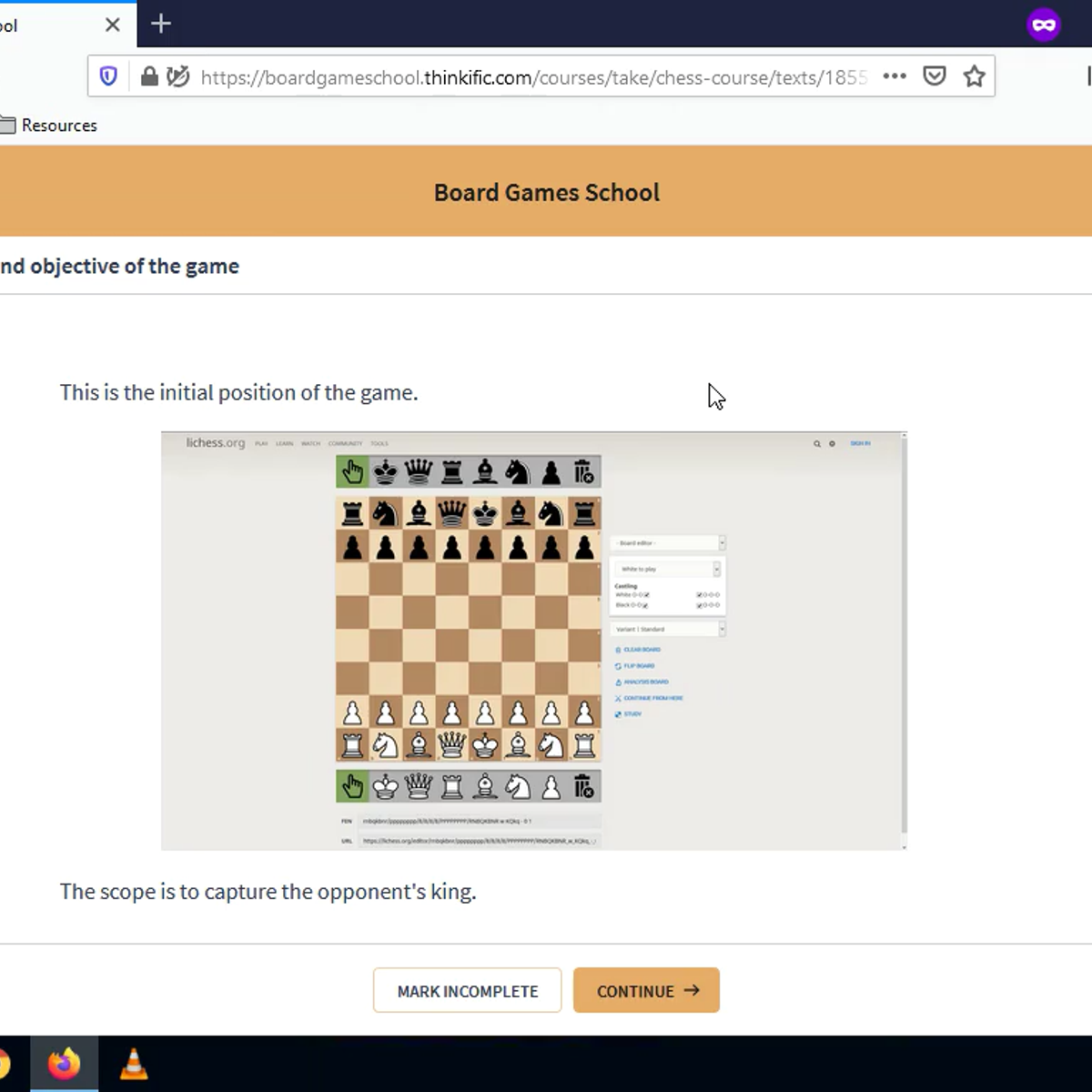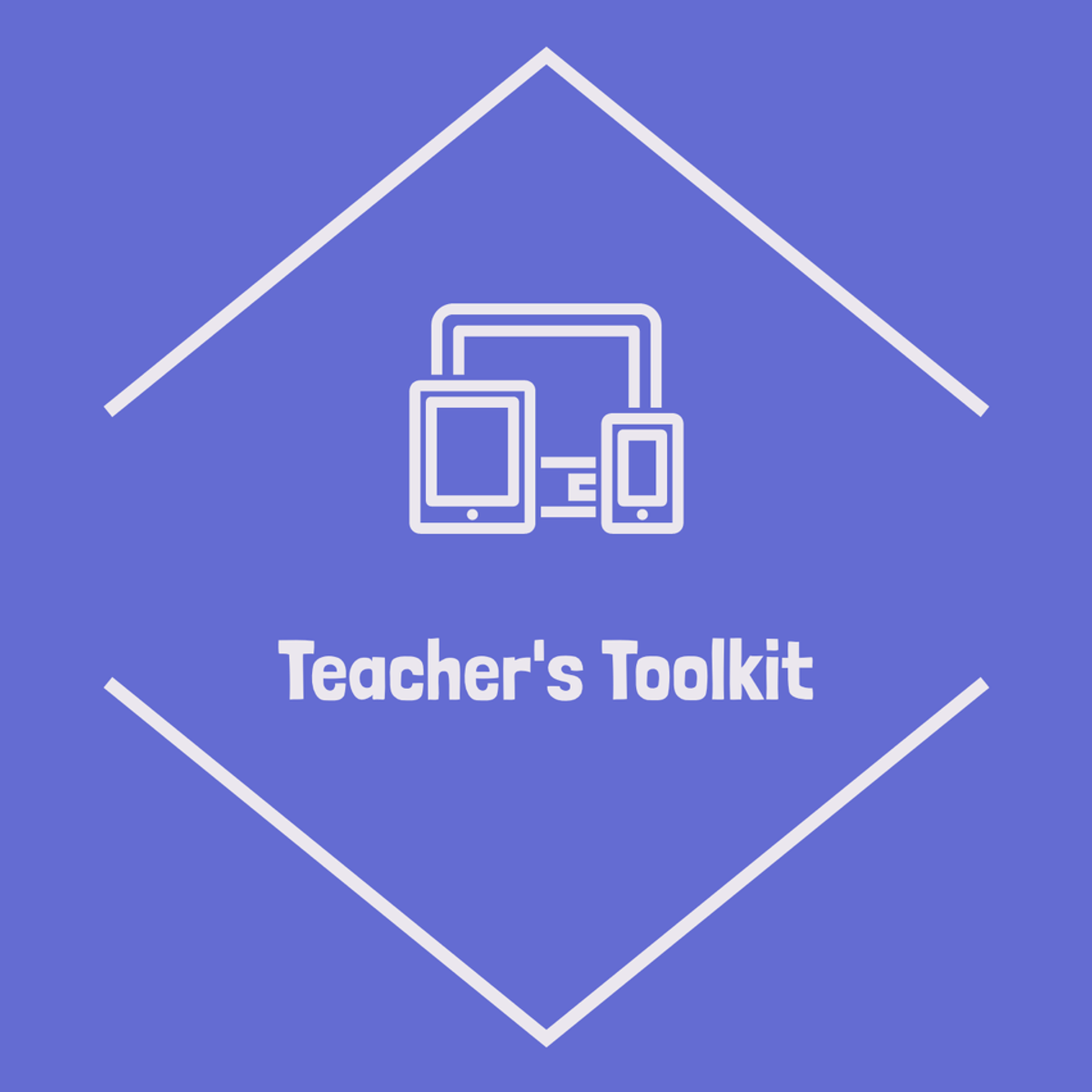Back to Courses









Social Sciences Courses - Page 9
Showing results 81-90 of 672

Paradoxes of War
The Paradoxes of War teaches us to understand that war is not only a normal part of human existence, but is arguably one of the most important factors in making us who we are. Through this course, I hope that you will come to appreciate that war is both a natural expression of common human emotions and interactions and a constitutive part of how we cohere as groups. That is, war is paradoxically an expression of our basest animal nature and the exemplar of our most vaunted and valued civilized virtues. You will learn some basic military history and sociology in this course as a lens for the more important purpose of seeing the broader social themes and issues related to war. I want you to both learn about war, but more importantly, use it as way of understanding your everyday social world. So, for example, the discussion of war and gender will serve to start you thinking about how expectations of masculinity are created and our discussion of nationalism will make clear how easy “us-them” dichotomies can be established and (ab)used. I will suggest some readings for you to complement the class and assign some activities through which you will be able to apply the theoretical insights from the course to your observations of everyday life. At the end of the course, you will start to see war everywhere and come to appreciate how much it defines our life.
All the features of this course are available for free. It does not offer a certificate upon completion.

Learn to Teach Java: ArrayLists and 2D Arrays
Learn to program with ArrayLists and 2-D Arrays in Java, and prepare to teach others using the free, online interactive CS Awesome textbook. In this course for teachers we'll guide you both in learning Java concepts and skills but also in how to effectively teach those to your students.
This course will support you in teaching the Advanced Placement Computer Science A course or a similar introductory university-level programming course. We'll cover the Java concepts of ArrayLists and 2-dimensional arrays, as covered in the APCS A Units 7 and 8. Each topic will begin by relating Java to block-based programming languages and then provide video overviews of CS Awesome content along with additional materials to supplement learning for your students.
You'll engage with additional materials to support your teaching including "deep dive" classroom discussion questions, assessment overviews, code tracing and problem solving skills for your students, including preparation for free response coding questions.

Learning, Knowledge, and Human Development
This course sets out to provide an understanding of theories of learning and development and how these theories relate to educational technology. It has two components. The first is theoretical, in which we attempt to develop an overall frame of reference, locating approaches to the psychology of learning in terms of large paradigm shifts, from ‘behaviorism’ to ‘brain developmentalism’ to ‘social cognitivism’. The second component is practical, in which we will use these theoretical concepts to ‘parse’ a technology-mediated learning environment for its underlying presuppositions.
--------------------------------
Recommended Background
--------------------------------
This course is designed for people interested in the future of education and the "learning society," including people who may wish to join education as a profession, practicing teachers interested in exploring future directions for a vocation that is currently undergoing transformation, and community and workplace leaders who regard their mission to be in part "educative."
--------------------------------
Related Resources
--------------------------------
Online resources are available here:
https://newlearningonline.com
--------------------------------
Join our Online Communities!
--------------------------------
CGScholar (Create an account and join the New Learning community)
https://cgscholar.com/community/community_profiles/new-learning/community_updates
Facebook
https://www.facebook.com/newlearningonline
Twitter
https://twitter.com/neolearning
--------------------------------
Take this Course for Credit at the University of Illinois
--------------------------------
This course has the same content and anticipates the same level of contribution by students in the Assessment for Learning course offered to graduate certificate, masters, and doctoral level students in the Learning Design and Leadership Program in the College of Education at the University of Illinois.
Of course, in the nature of MOOCs many people will just want to view the videos and casually join some of the discussions. Some people say that these limited kinds of participation offer evidence that MOOCs suffer from low retention rates. Far from it – we say that any level of engagement is good engagement.
On the other hand, if you would like to take this course for credit at the University of Illinois, you will find more information about our program here:
https://ldlprogram.web.illinois.edu/overview/
And you can apply here:
https://education.illinois.edu/epol/programs-degrees/ldl
--------------------------------
The Learning Design and Leadership Series of MOOCs
--------------------------------
This course is one of a series of eight MOOCs created by Bill Cope and Mary Kalantzis for the Learning Design and Leadership program at the University of Illinois. If you find this MOOC helpful, please join us in others!
e-Learning Ecologies: Innovative Approaches to Teaching and Learning for the Digital Age
https://www.coursera.org/learn/elearning
New Learning: Principles and Patterns of Pedagogy
https://www.coursera.org/learn/newlearning
Assessment for Learning
https://www.coursera.org/learn/assessmentforlearning
Learning, Knowledge, and Human Development
https://www.coursera.org/learn/learning-knowledge-human-development
Ubiquitous Learning and Instructional Technologies
https://www.coursera.org/learn/ubiquitouslearning
Negotiating Learner Differences: Towards Productive Diversity in Learning
https://www.coursera.org/learn/learnerdifferences
Literacy Teaching and Learning: Aims, Approaches and Pedagogies
https://www.coursera.org/learn/literacy-teaching-learning
Multimodal Literacies: Communication and Learning in the Era of Digital Media
https://www.coursera.org/learn/multimodal-literacies

The City and You: Find Your Best Place
Welcome to The City and You: Find Your Best Place. I'm excited to have you in the class and look forward to your contributions to the other learners in our community.
This free course will provide the knowledge and the tools needed to understand what cities do, why they matter, the forces shaping the greatest wave of urbanization in history, and how to pick the right place for you. The course will also help you develop critical thinking skills. We'll accomplish this by providing evidence of the importance of cities, and why and how they matter to you. Then we’ll ask you to apply what you’ve learned in an exercise which will help you assess your own community and find your best place.
This course is accessible and open to anyone who is interested in learning more about cities and the ways they affect our lives. It is organized around five key modules: (1) Why Cities Matter, (2) A World of Cities, (3) The Creative City, (4) The Divided City and the New Urban Crisis, and (5) How to Find the Best Place for You.
After completing the course, you will be able to:
(1) Identify why cities are the drivers of economic prosperity;
(2) Explain the drivers and implications of fast-growing urbanization worldwide;
(3) Outline the key characteristics of a creative and innovative city;
(4) Describe the social divides and challenges facing cities and the solutions cities are using to address them; and
(5) Recognize the trade-offs of staying in your current city versus moving, and identify the best place for you and your family to live.
Of course the world has changed a great deal since I developed this course. The Global COVID-19 Pandemic is affecting cities, businesses and people around the world. It is something I have been writing about and working with mayors, city managers, economic developers, urban leaders and communities across the globe. I have put together a new module on Cities and the Coronavirus to help you better understand the ways in which the Covid-19 crisis is impacting cities and how you can best understand and deal with that.
I’d like to wish each and every one of you good luck as you get started on this journey. I hope you enjoy the course!

Greening the Economy: Lessons from Scandinavia
How can we live a good life on one planet with over seven billion people?
This course will explore greening the economy on four levels – individual, business, city, and nation. We will look at the relationships between these levels and give many practical examples of the complexities and solutions across the levels. Scandinavia, a pioneering place advancing sustainability and combating climate change, is a unique starting point for learning about greening the economy. We will learn from many initiatives attempted in Scandinavia since the 1970s, which are all potentially helpful and useful for other countries and contexts.
The International Institute for Industrial Environmental Economics (IIIEE) at Lund University is an international centre of excellence on strategies for sustainable solutions. The IIIEE is ideally suited to understand and explain the interdisciplinary issues in green economies utilising the diverse disciplinary backgrounds of its international staff. The IIIEE has been researching and teaching on sustainability and greener economies since the 1990s and it has extensive international networks connecting with a variety of organizations.

The Rooseveltian Century
This course uses the lives, ideals and achievements of Theodore, Franklin, and Eleanor Roosevelt to create the idea of a Rooseveltian century. It is about doing research, analyzing primary sources, and connecting all this information with a coherent and logical interpretation. It is an invitation to think critically and historically, and it wants to give you a glimpse of what it means to be a historian at work.
We are convinced that the three Roosevelts – the 3Rs, as we will refer to them throughout this course – profoundly shaped the twentieth century. This course shows you why we think so and which paradigms, ideas, and sources we use to uphold our claim. But this course also asks you to give your opinion, and ground it on your own research findings.
The structure of the course is straightforward:
- An introductory module gives you the biographical information you need to connect the personal stories of the 3Rs with the major events of the twentieth century;
- Module 2 explains how the 3Rs reframed our thinking on security, broadening its meaning and reconfiguring the government’s role in providing it;
- Module 3, focusing on equality, shows how the 3Rs changed the relationship between leaders and led, rejected laissez-faire economics, and supported a politics of intervention to overcome the inequalities that undermined social cohesion;
- Module 4 describes how the 3Rs promoted and protected the freedom of ordinary citizens, and communicated that as one of their central political goals;
- Module 5 summarizes the long-lasting legacies of the 3Rs, and asks for your opinion on the Rooseveltian century. Do you agree with this interpretation of our recent past – and our possible futures?
The five modules contain quizzes to test your knowledge and understanding, discussion prompts to stimulate your creativity, and research guidance and assignments to sharpen up your historical skills.
We hope you will enjoy this intellectual journey!

Foundations of Teaching for Learning Capstone: The Reflective Practitioner
This course is open to learners who have completed all eight courses on the Foundations of Teaching for Learning MOOC. It revisits topics covered and focuses on what it really means to be a reflective practitioner. One of the great paradoxes of learning is that the more you know the more you become aware of what you don’t know... and the more you want to know! This course offers an opportunity to further deepen and broaden your professional expertise. It provides an opportunity to participate in practical tasks and assessments that draw on the knowledge and skills gained in the previous courses.
If you have completed the eight courses, signed up to the Signature track, met all the assessment requirements of the programme and would like to continue to build on your interest and achievements, this course is for you! There is enough challenge and scope for learners who already have teaching experience, but this course is also suitable for less experienced learners who may not have a great deal of teacher education or may not yet hold a teaching qualification.
Announcement for US based teachers:
Coursera and its partners are proud to offer eligible teachers in the US free Course Certificates for this course and other high-quality teacher professional development courses, through the Connected effort announced by President Obama.
To participate in this opportunity, US district leaders simply need to approve Coursera teacher professional development by completing a brief form at: www.coursera.org/tpd.
US Teachers interested in this opportunity are also encouraged to follow the link to learn more and www.coursera.org/tpd.
Once a district’s form has been verified, the district leader will be notified and teachers in the district will receive access to free verified certificates for Coursera professional development.
Coursera and the Commonwealth Education Trust thank educators for the hard work they do every day and hope this opportunity will assist US teachers to continue developing their craft in a meaningful and flexible way.

Create a chess online course with Thinkific
In this 1-hour long project-based course, you will learn how to create an independent online course with Thinkific using a chess course as an example, creating video, text and images based lessons, producing your own material, creating quizzes and surveys, designing your site and setting prices and payments.
Note: This course works best for learners who are based in the North America region. We’re currently working on providing the same experience in other regions.

Use Genially to Create Award Certificates
Genially is “the tool that brings content to life.” Genially allows you to map out a learning journey for your students using high interest images and interactive tools. By the end of this project, you will be ready to celebrate student success through award certificates.

Increasing Multiplication Mastery with Microsoft PowerPoint
By the end of this project, you will have developed a tool to track student progress as they master multiplication facts while also motivating them to “level up” along the way. Strong numeracy skills are important for students to succeed, but these skills do not come naturally to all students. By motivating them to tackle each fact family, your students will be able to gain confidence as they ensure mastery.
Throughout this project, we will work together to become comfortable using Microsoft PowerPoint in order to create a path to multiplication mastery. The skills you learn will extend beyond this project, allowing you to create additional content using Microsoft PowerPoint.
Popular Internships and Jobs by Categories
Browse
© 2024 BoostGrad | All rights reserved


